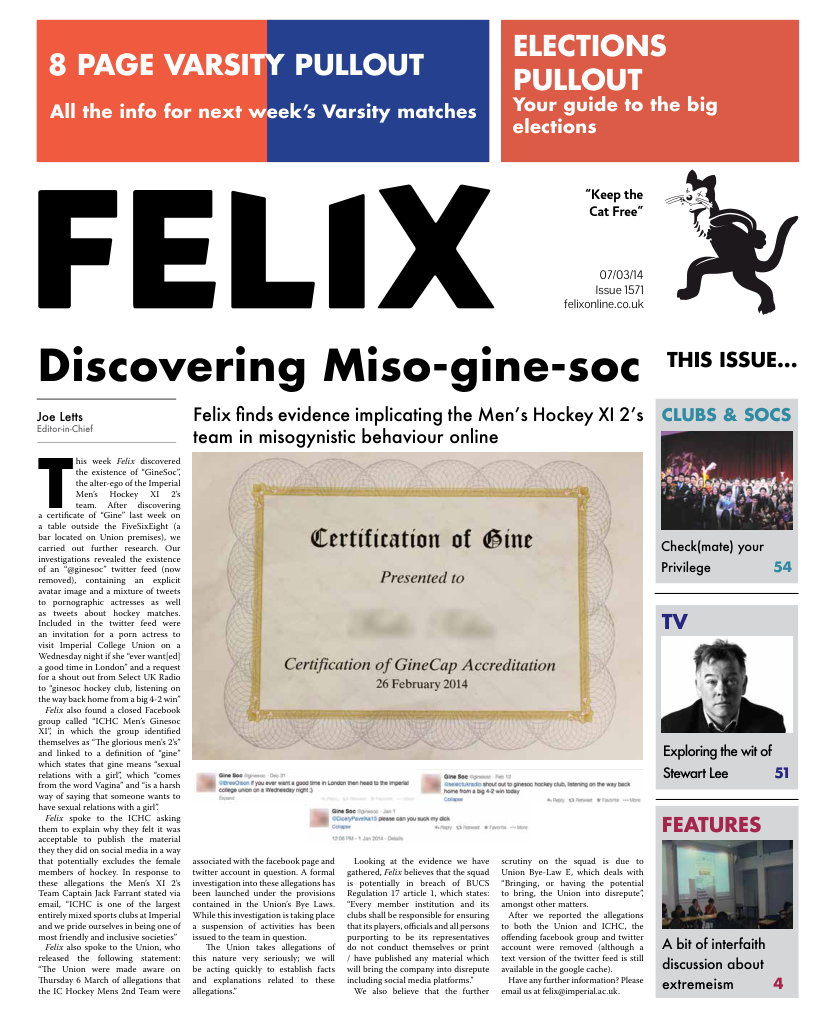The sound of cringe
The Sound of Music is without doubt one of the most beloved films of all time whether you like it or not. There isn’t a Christmas that goes by without Julie Andrews running on top of a hill singing at the top of her lungs...
The Sound of Music is without doubt one of the most beloved films of all time whether you like it or not. There isn’t a Christmas that goes by without Julie Andrews running on top of a hill singing at the top of her lungs, making the moody yet a-true-softie-at-heart Christopher Plummer fall in love with her, dressing the von Trapp children in those hideous curtain clothes and together sneakily escaping the Nazis in their final moment of hurrah. And so it’s understandable why there was so much social media hate and concern when American Idol winning country music star Carrie Underwood was chosen to play the lead, something the von Trapps themselves were not too happy about, instead suggesting Academy Award-winning Anne Hathaway for the role. Is Underwood as dreadful as people thought she was going to be? Not quite. The good thing is she can sing, and yodel too. She of course does not carry the finely tuned, piercing voice of Julie Andrews, but the more gutsy, forceful interpretation of the ‘Good Girl’ singer works just fine. It’s only when she stops singing and has to act that problems start to emerge. Her delivery of lines is so flat and monotonous that it often feels like the audience is being subjected to a primary school amateur production of the musical. She may have won Grammys, but she will not be winning any acting Oscars any time soon for sure. The opposite is true for Stephen Moyer as Captain von Trapp. He can act, but he can’t sing. Thankfully the number of times he’s required to do this is scarce compared to the times Underwood has to speak, but the all-important ‘Edelweiss’ and the ‘Something Good’ duet lack a strong emotional punch because of this. Watch as Moyer struggles through his solo: his toe-curlingly cringe-worthy interpretation of ‘Edelweiss’ is almost unbearable, which goes to show the best has definitely not been saved for the last in this special one-off television event. The love story between the two characters is of course a massive selling point, one that Julie Andrews and Christopher Plummer forever forged in their 1965 hit film, although nothing of the sort is remotely replicated here. There is no heart, no chemistry, and no passion. The two leads appear as though this is a massive chore for them, and granted, performing live for so long cannot be easy, but there is something so mechanical and robotic about their performances that no convincing, smooth potrayal is ever in sight throughout the three-hour running time (that thankfully takes into account commercial breaks – the actual show runs for around two hours). The wonky, dubious accent of Laura Benanti, as the posh Baroness Elsa Schrader so obviously trying to seduce her way into Captain von Trapp’s pants (clearly not thinking through the seven children she’ll have to inherit along with his estates) is at times, unintentionally hilarious. The only performer who really stands out is the four-time Tony-winning Audra McDonald who can both sing and act (sadly a rare find in this remake event). Her belting, operatic rendition of ‘Climb Every Mountain’ is powerfully resonating to say the least and as a firm mother-figure to Maria, she has a brief but crucial and memorable role, one that is filled by a much accomplished actress. The young cast, which includes the seven von Trapp children, are there to look sweet and harmonise well, which they do, even though Rolf (Michael Campayno), the Nazi boyfriend of von Trapp’s eldest, Liesl (Ariane Rinehart), is clearly not “17 going on 18” as he sings in possibly one of the most misogynistic songs of all time. The two of them are also required to roll around on some very limited-space outdoor set design that looks more dangerous than romantic. Despite the surprising omission of the song ‘I have confidence’, the musical numbers translate well, with simple but neat choreography to delight and put us all in a cheery mood. It’s a real tribute to the musical itself that even decades after the stage premiere, there are songs that are still catchy and hummable, which goes to show the love for The Sound of Music will not be dying out no matter who does what to butcher the talky gaps in between the music. Being a live television production rather than a one-stage set performance, the show uses its freedom to move around in between the different background sets built. Scene transitions are generally smooth, although the incredibly plain-looking backdrops only further reflect the serious limitations of the production quality. Having been watched by over 18 million people in the States upon its debut in December 2013, NBC has signed Craig Zadan and Neil Meron, the two creators responsible for this tacky rehash, to produce even more live television presentations stage shows. Please, please, please leave some of the greats alone. Nothing to do with The Phantom or Les Mis. Having feature films is good enough.




